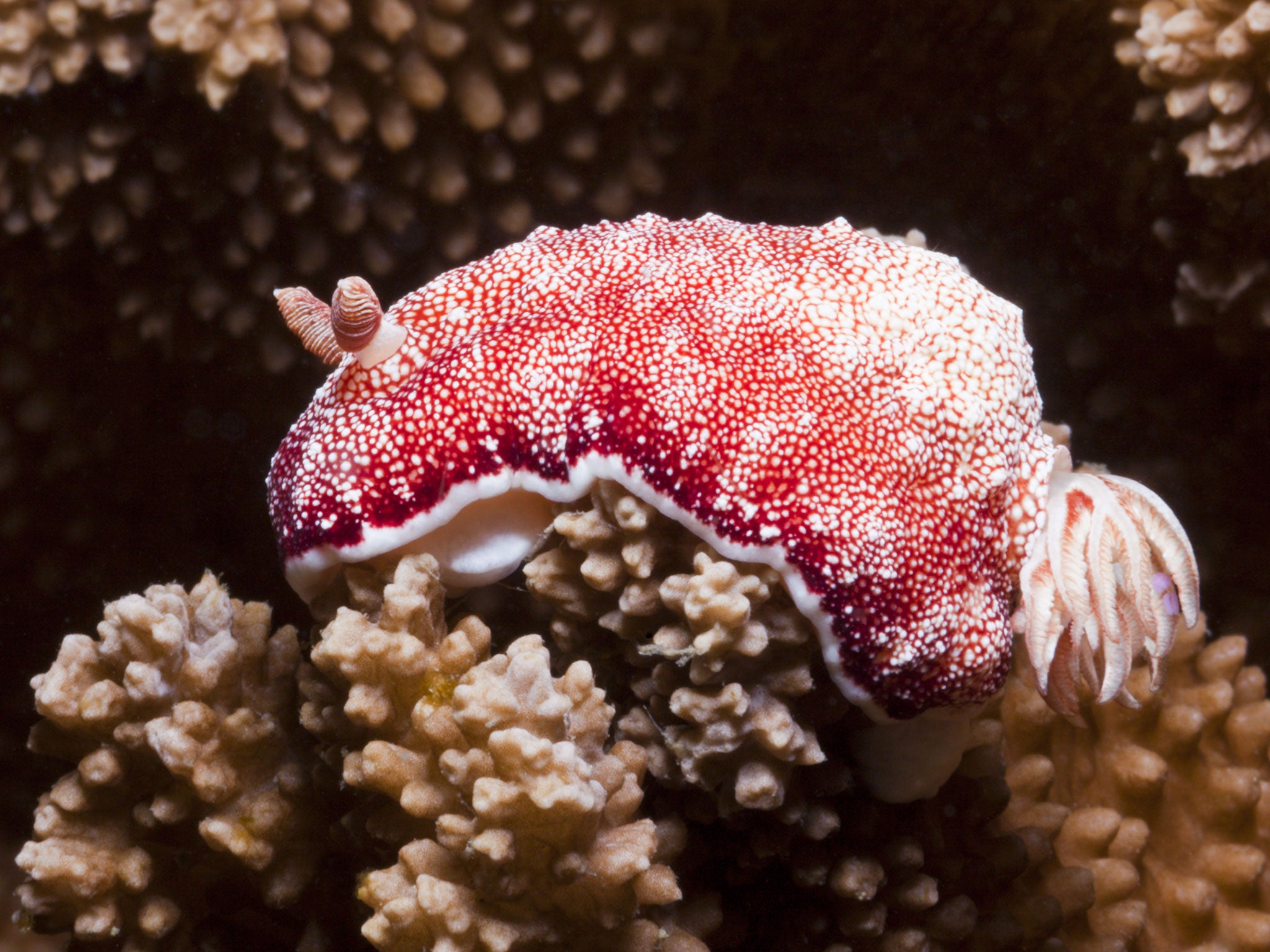Revealed: Sea slug that discards penis after sex and then regrows another

Your support helps us to tell the story
From reproductive rights to climate change to Big Tech, The Independent is on the ground when the story is developing. Whether it's investigating the financials of Elon Musk's pro-Trump PAC or producing our latest documentary, 'The A Word', which shines a light on the American women fighting for reproductive rights, we know how important it is to parse out the facts from the messaging.
At such a critical moment in US history, we need reporters on the ground. Your donation allows us to keep sending journalists to speak to both sides of the story.
The Independent is trusted by Americans across the entire political spectrum. And unlike many other quality news outlets, we choose not to lock Americans out of our reporting and analysis with paywalls. We believe quality journalism should be available to everyone, paid for by those who can afford it.
Your support makes all the difference.A species of sea slug that discards its penis after sex, only to regrow another one 24 hours later has astonished scientists.
Japanese researchers made the bizarre discovery after observing the mating habits of the chromodoris reticulata species collected off the coast of Japan.
They found that about 20 minutes after having sex the sea slugs' penises would drop off. Further examination revealed that a large part of the penis was tightly coiled inside the creatures, enabling them to regenerate their missing organ and mate again within 24 hours. The animals were able to repeat this process three times in succession.
The researchers also discovered that the penis was covered in spines. They suggested these could be used to remove a rival partner's sperm left after their partner's previous matings.
As if having a detachable penis wasn't unusual enough, most sea slugs are also hermaphrodites, meaning they have both male and female sexual organs which can be used at the same time.
Scientists believe this is the first known creature able to mate with what they describe as a 'disposable penis. Their findings are published in the Royal Society's Biology Letters journal.
Bernard Picton, curator of marine invertebrates at the National Museums Northern Ireland, told the BBC: "They do have very, very complicated biology - and a lot have awfully complicated things in terms of reproduction."
"I haven't seen anything like this before," he admitted.
Join our commenting forum
Join thought-provoking conversations, follow other Independent readers and see their replies
Comments